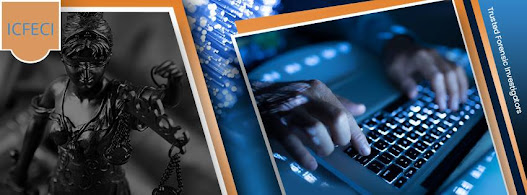Choosing a career is no easy feat. If you have
different hobbies and interests, narrowing these down and picking one job is
daunting. There are so many career paths available to us and so many routes we
can take to get there, but ultimately the decision is your own. If you’re
interested in becoming an investigator or you’re wondering whether computer
forensics is your forte, there are a few things to keep in mind first.
Technical
expertise
When you’re working with computers, cell phones and
other devices, technical expertise is a must. It doesn’t matter how much you
like the idea of a job, if you cannot handle the practicalities and advanced
technology involved, you’re not likely to be successful. But if you
know your way around a PC or you have the capacity to learn, becoming a
forensic investigator will suit you perfectly. If you have the skills, training
in computer forensics will be a challenge you can face head on.
Helping others
There are many vocations you can follow if helping
others is your priority. From nursing and care work to teaching and charity,
there is no shortage of job opportunities where you can make a difference.
Fortunately, forensic investigation falls in this category too: your work can
be the difference between someone going to jail or keeping their freedom,
proving their innocence or living in the shadow of doubt. Your work can change
the future of families living without their loved ones, and you can ensure the
right person is brought to justice and prevent them from committing more
crimes. There is no greater way of helping society than by keeping dangerous
criminals off the streets, so if helping others is important
to you than forensic investigation is a great career path.
Exciting
challenges
Forensic investigation is like a puzzle.
You have some clues here and there, but it’s your job to gather the information
and put the pieces together. If you enjoy crosswords, sudoku, escape rooms,
jigsaws or any game that puts your mind to the test, forensic investigation is
the career for you. Those who thrive under pressure, readily accept challenges
and get satisfaction from a job well done will no doubt enjoy great success as
an investigator.
Resource: https://www.icfeci.com/why-become-an-investigator/












